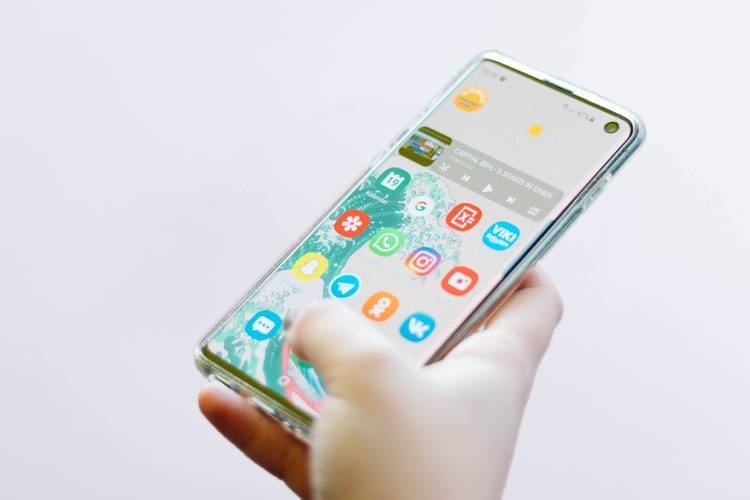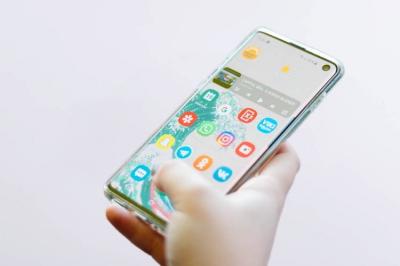In response to antitrust allegations and the anger of some app developers, Apple made concessions to developers of its apps in November 2020 by introducing the App Store Small Business program, which reduces the App Store commission from 30% to 15% for developers earning less than one million dollars annually. Last week, Apple announced that it would allow app developers to inform users about payment methods outside of Apple's system, including through email, enabling them to bypass the App Store commission.
Since the launch of the App Store in 2008, Apple has collected a 30% fee from app sales, in-app purchases for digital content, and subscriptions made through compatible apps. According to estimates by app analytics firm SensorTower, App Store revenues exceeded 40 billion dollars in the first half of 2021. Assuming that most of this total qualifies for Apple's commission, it amounts to at least 10 billion dollars in revenue in just six months, representing a new record.
An expert witness called in the company's case against Epic Games, the maker of Fortnite, estimated that Apple earned 22 billion dollars from App Store commissions last year with a remarkable profit margin of about 80%, a figure Apple disputed, claiming that its actual profit margins are much lower. According to SensorTower's analysis, App Store sales grew to 41.5 billion dollars in the first half of 2021 compared to revenues of 34 billion dollars during the same period last year and 26.3 billion dollars in the first half of 2019.
This comes in comparison to consumer spending of around 23.4 billion dollars on Google's Android app store in the first half of 2021, which also grew from 18 billion dollars during the first half of last year and 14.3 billion dollars in the same period of 2019.




